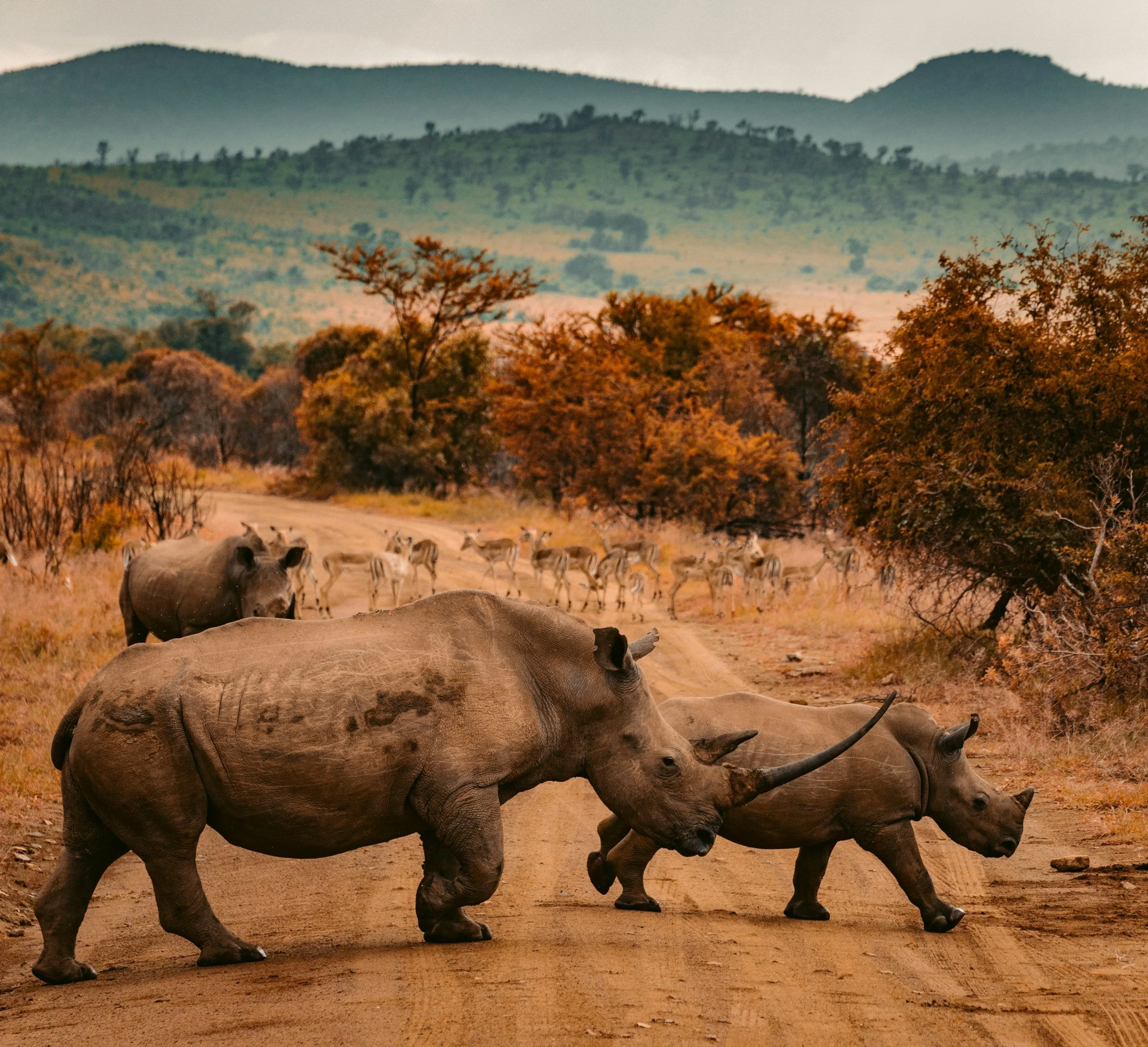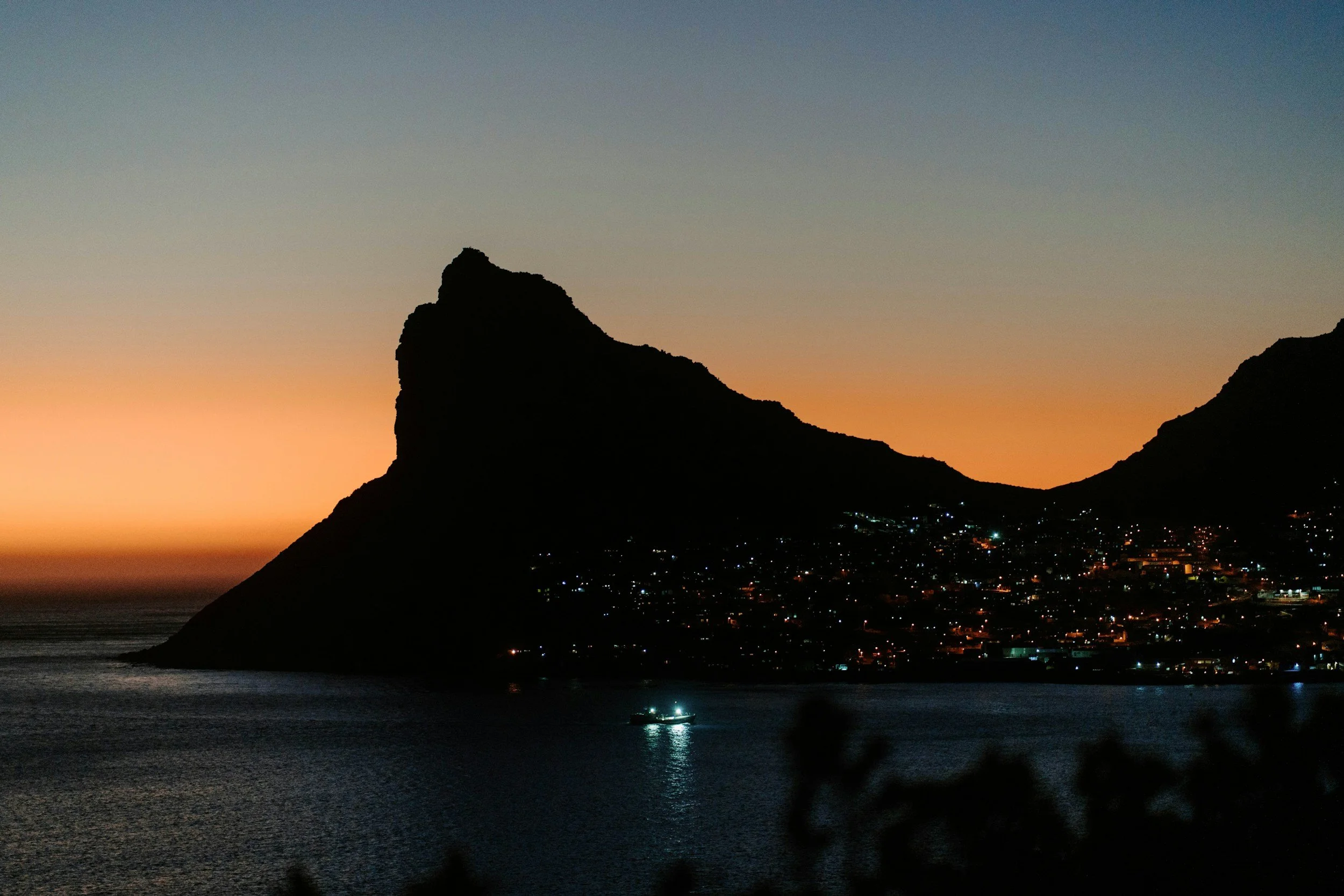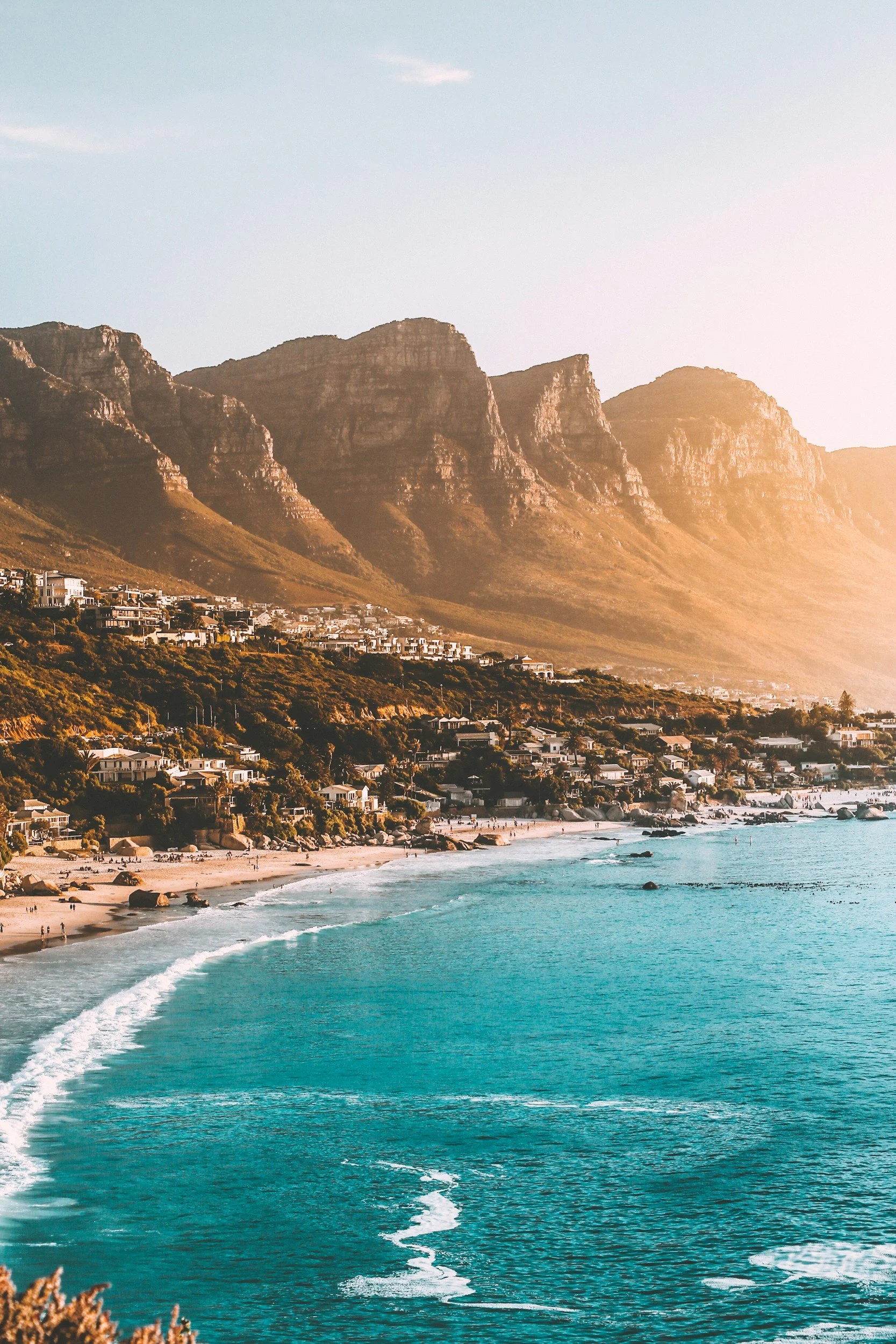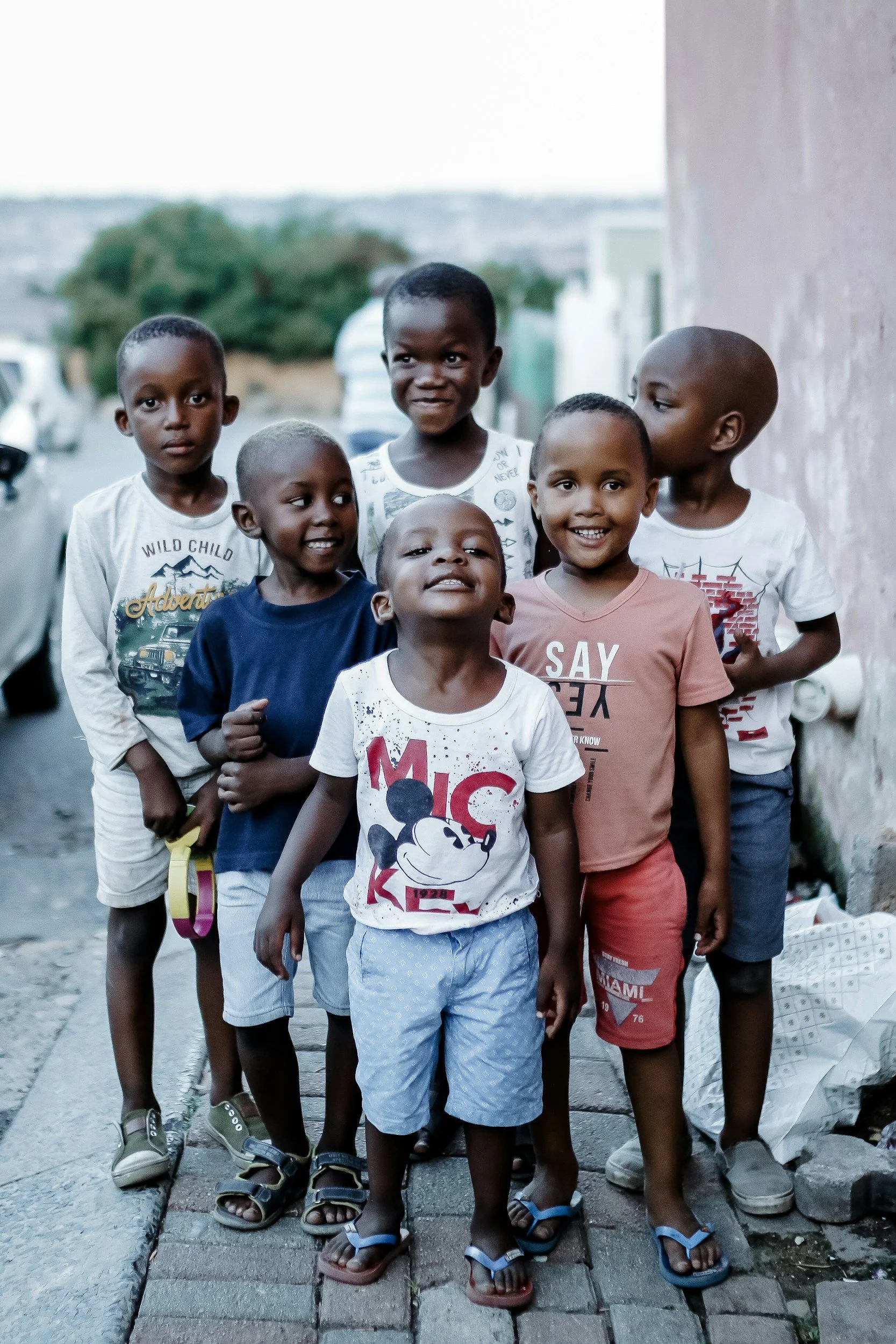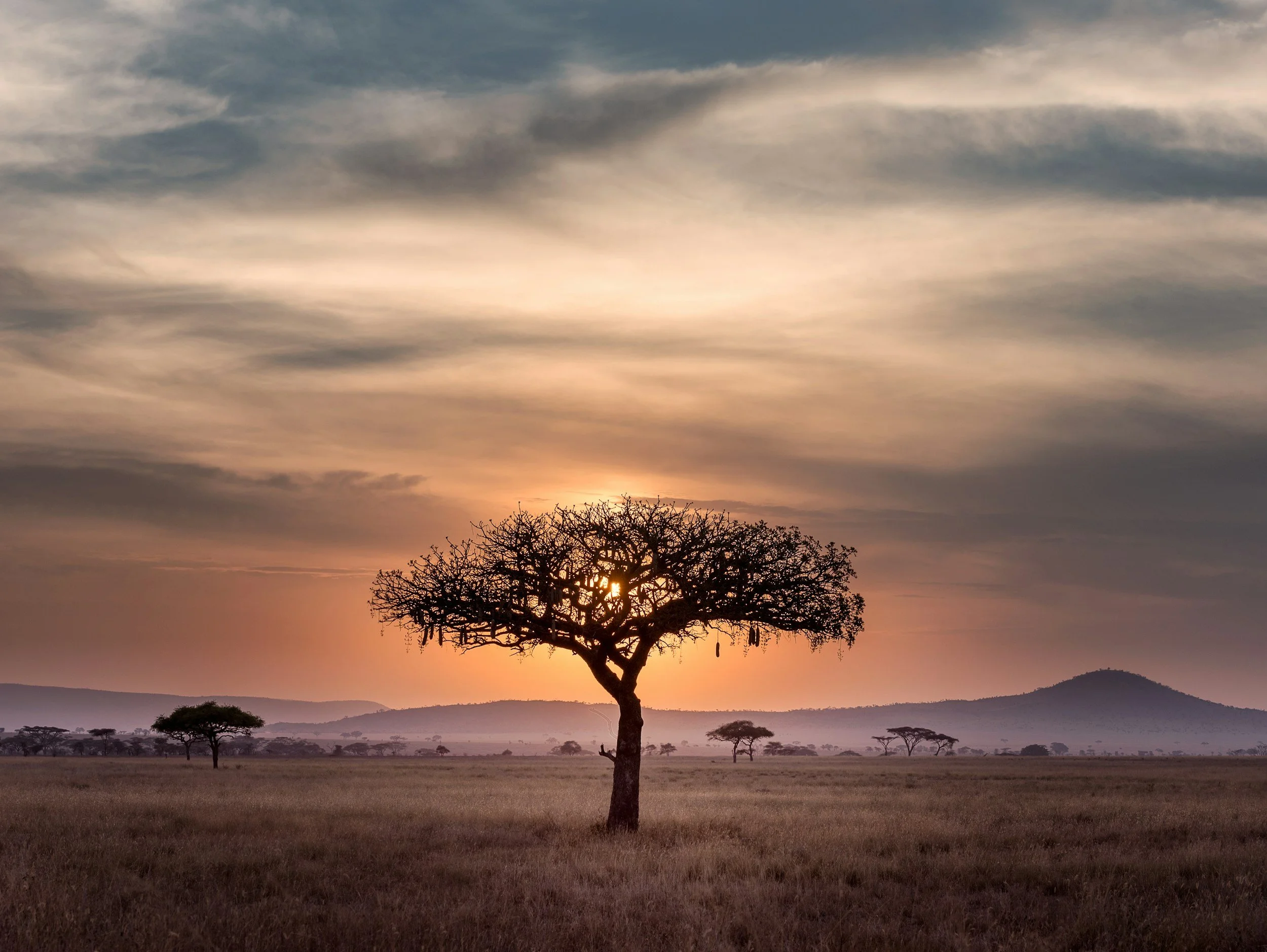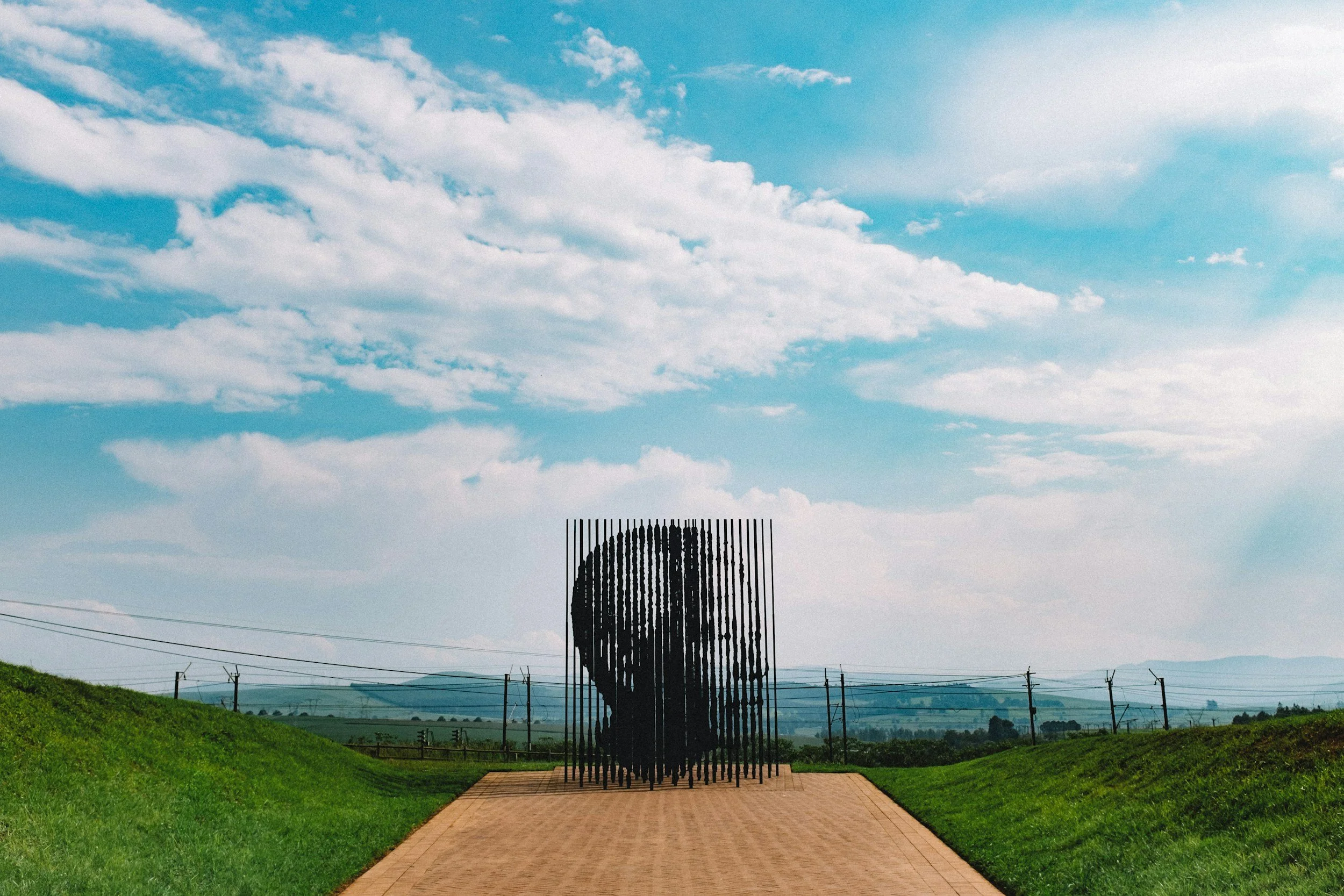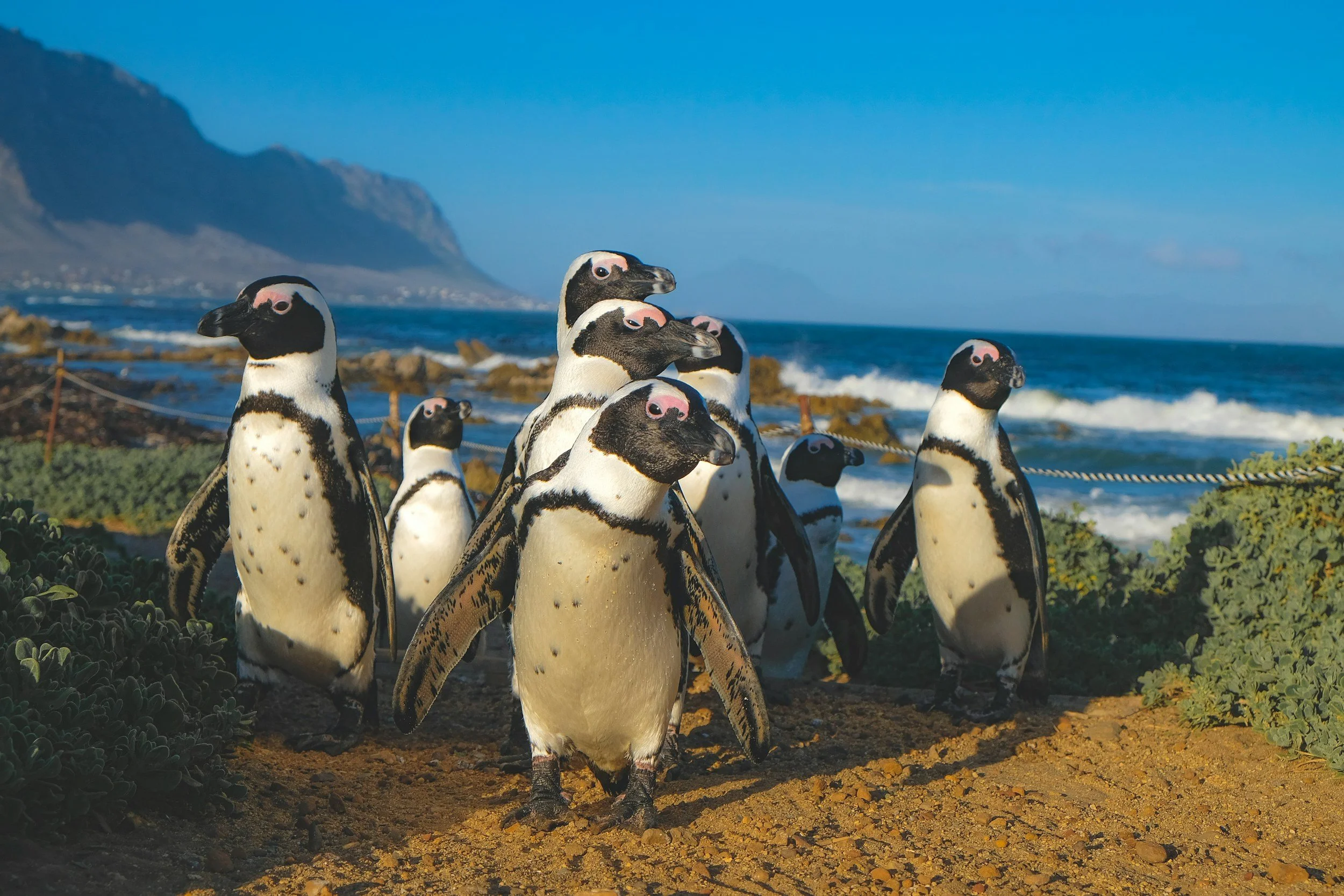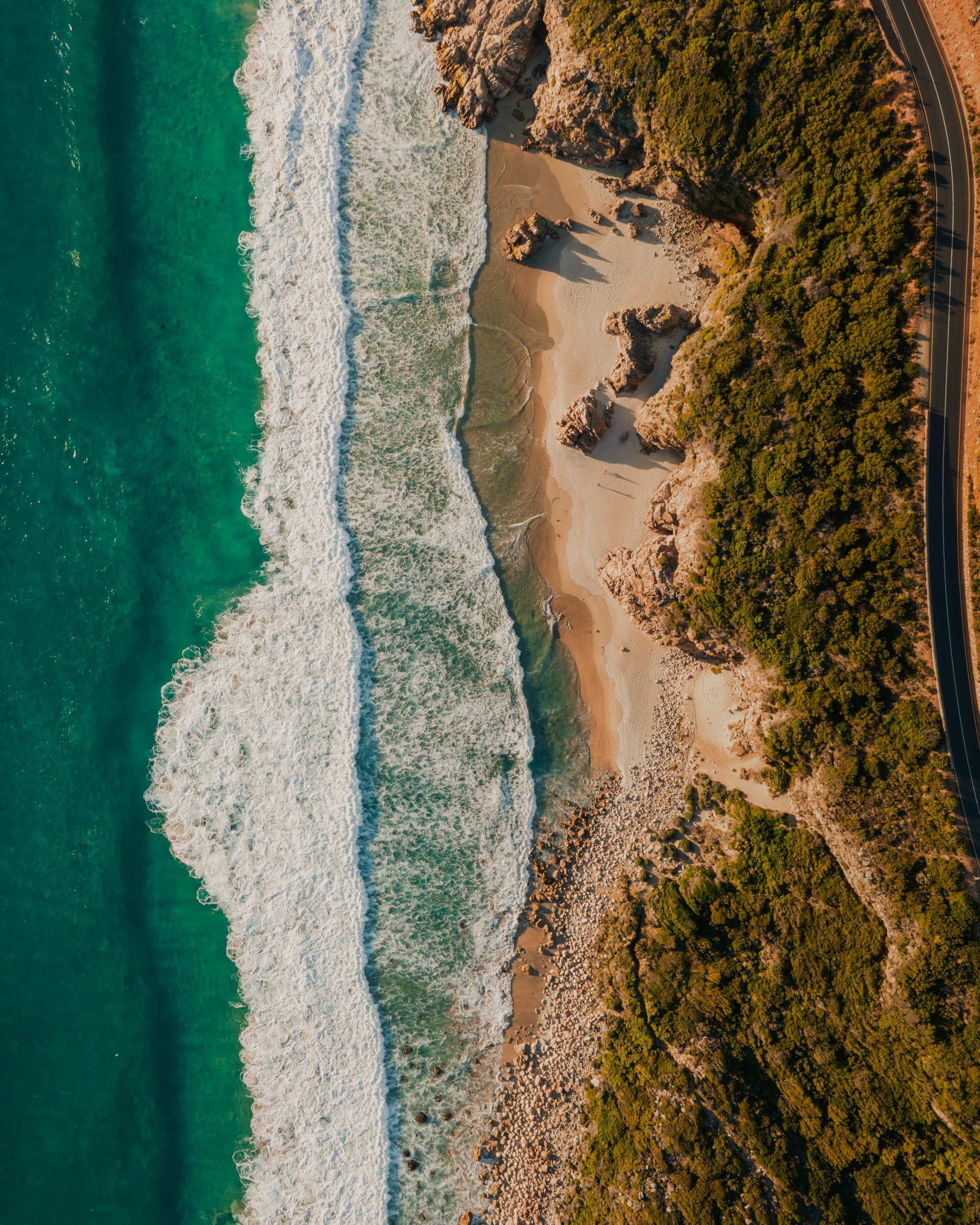
South Africa School Program
Overview
A Journey Through History, Faith, and Ecology
At GOGI Abroad, we craft transformative school trips that immerse students in local cultures, offering hands-on experiences with traditional agriculture, building techniques, arts, music, and more.
Tailored to your needs:
We collaborate closely with you to customize each trip, ensuring it aligns with your curriculum and educational goals.
Comprehensive Trip Coordination:
From pre-trip planning to in-class discussions, we handle every detail, providing you with curriculum connections, packing lists, and pre-orientation materials for both students and parents.
Compassionate Leaders:
Our trips are led by native educators, allowing teachers to learn alongside their students in an authentic and supportive environment.
Teacher Participation and Support:
GOGI Abroad will handle all trip logistics, enabling teachers and administrators to actively engage and witness their students' excitement as they learn about the world, themselves and their place in it.
Smooth Travel Logistics:
We guide you on air travel options and handle all in-country details, including lodging, transportation, meals, and safe water.
All-Inclusive Pricing ($300 - $500) :
Except for airfare, all expenses are covered, ensuring peace of mind throughout the trip. Our price range is typically $300-$500 per student per day, depending on the trip’s activities and focus.
Let us help you create an enriching, educational, and memorable experience for your students!
Trip Description
This 14-day immersive program takes students on a transformative journey through South Africa’s historical struggles, religious diversity, and ecological wonders. Designed as an interdisciplinary experience, the program combines site visits, expert lectures, cultural exchanges, and hands-on community engagement, allowing students to actively explore the intersections of history, religion, and environmental conservation. Students will engage in meaningful discussions and critical analysis of South Africa’s past and present, drawing connections between global systems of power, social justice movements, and ecological sustainability. This experience will broaden students’ perspectives, challenge assumptions, and foster cross-cultural understanding and leadership skills.Food
Students will enjoy a variety of South African and international cuisine, with an emphasis on fresh, locally sourced ingredients. Meals will highlight traditional dishes, such as Cape Malay curries, bobotie, and fresh seafood, alongside familiar Western options. Special dietary needs will be carefully accommodated, with vegetarian, vegan, and allergy-friendly meals available. Students will have access to mineral water, herbal teas, and locally sourced South African rooibos tea throughout the program.
Accomodation
Students will stay in comfortable, eco-friendly lodges and fully furnished beach apartments throughout South Africa, designed to provide both tranquility and an immersive cultural experience. In Cape Town and Durban, accommodations will be in centrally located hotels, offering easy access to key historical and cultural sites. While in Hluhluwe, students will experience safari-style lodges, surrounded by breathtaking landscapes and wildlife.
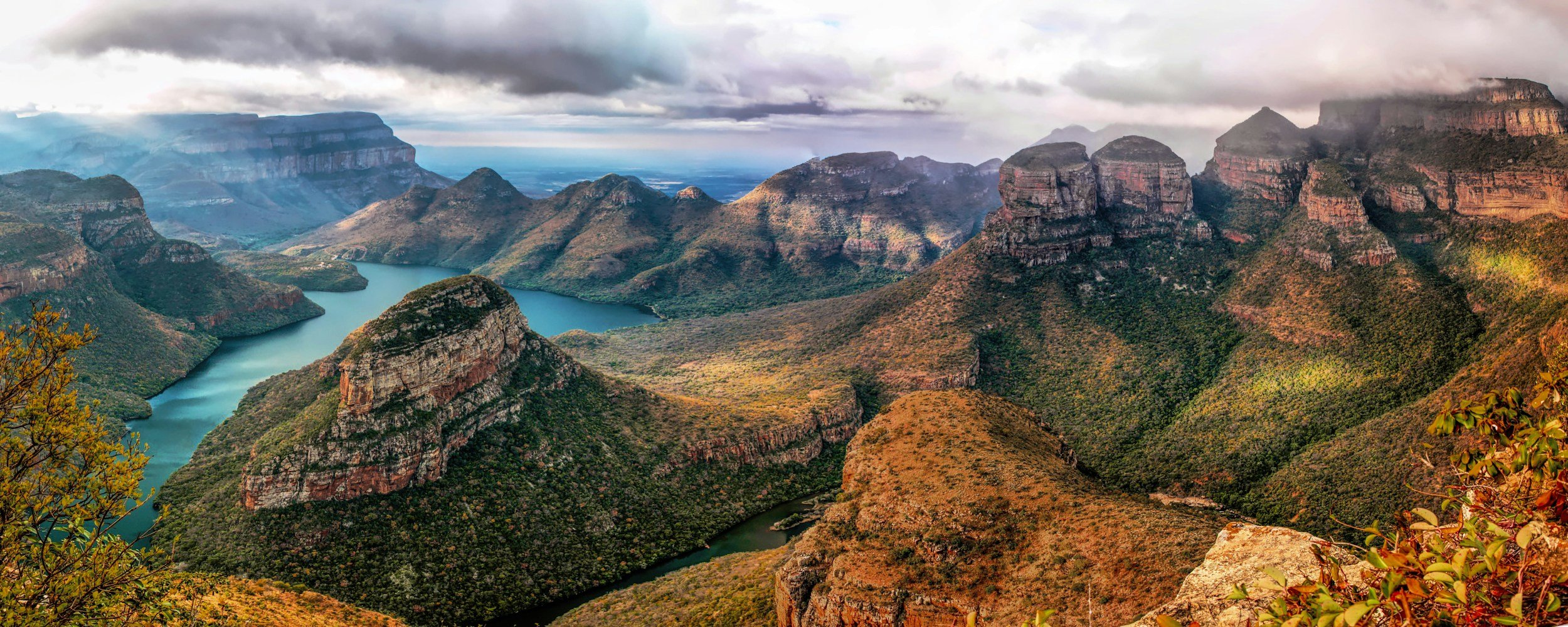
Activities & Wellness
-
Coastal Exploration & Marine Biology
Students will have time to swim (with lifeguard supervision) and explore South Africa’s unique marine ecosystems, including the Indian Ocean’s diverse marine life.
-
Walking & Hiking Trails
Trails through Table Mountain National Park and Hluhluwe Game Reserve will allow students to engage with nature and understand South Africa’s rich biodiversity.
-
Cultural Immersion & Meditation
Traditional Zulu, Xhosa, and Indigenous spiritual practices will be introduced through guided meditation and mindfulness sessions in nature, deepening students’ connection to land and culture.
-
Sustainability & Community
Students will gain hands-on experience with local conservation and sustainability initiatives, including wildlife protection, community-led agriculture, eco-tourism, and environmental education.

Key Areas of Focus
-
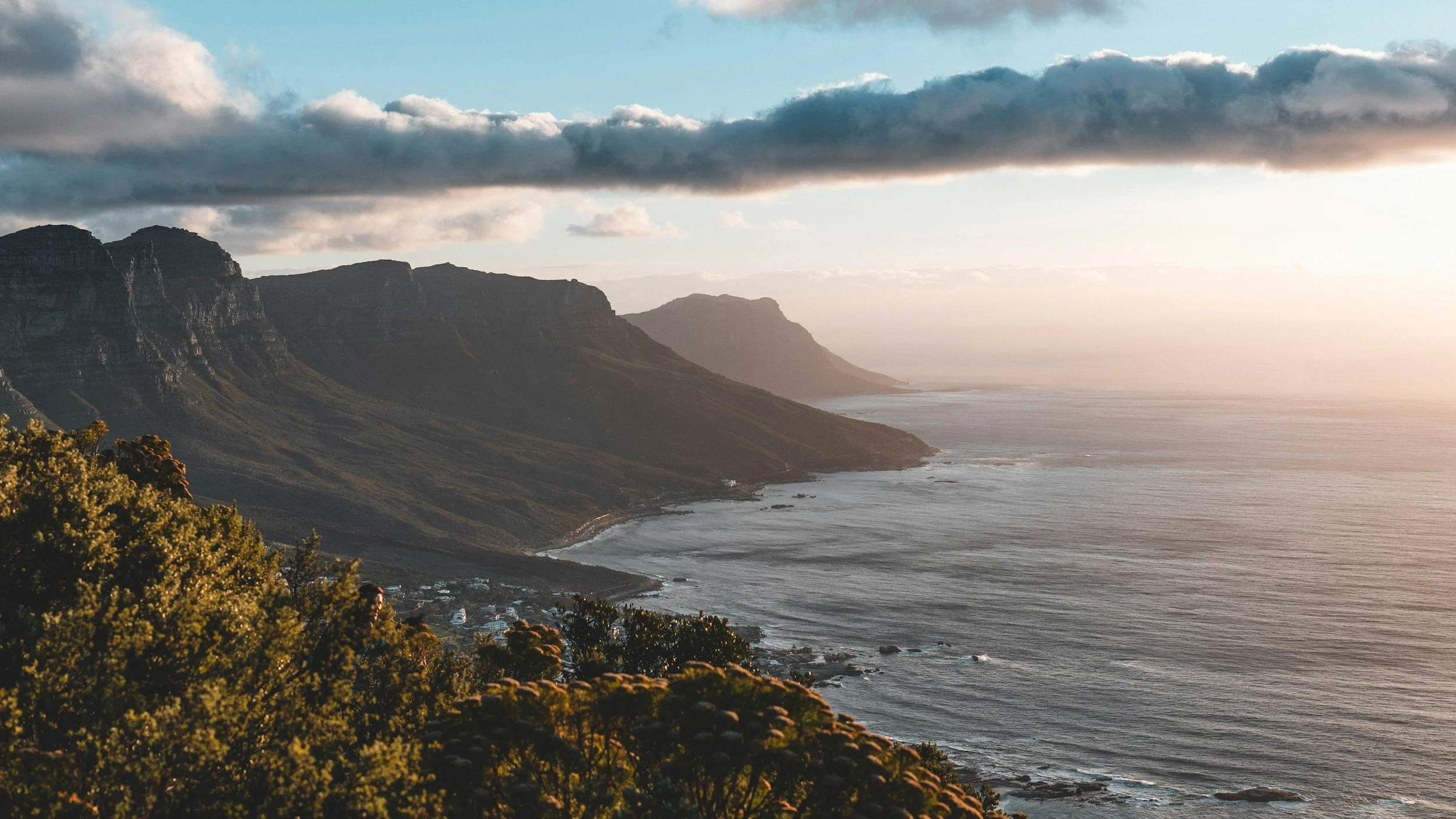
World History: Apartheid, Colonialism & Liberation Movements
Students will be provided with an opportunity to explore apartheid and its lasting legacy through visits to the Slave Lodge, District Six Museum, and Robben Island, where Nelson Mandela was imprisoned. They will examine the parallels between apartheid and the U.S. Civil Rights Movement through a lecture and guided discussion on shared struggles and resistance. The program also delves into colonial legacies, analyzing the impact of European expansion, forced labor, and migration in shaping South Africa’s modern identity. Throughout the trip, students will engage with communities affected by systemic inequality, learning first-hand from activists and educators working toward social justice in South Africa today.
-

Religious Studies: Interfaith Dialogue & Sacred Spaces
This program provides an immersive exploration of South Africa’s diverse religious traditions, including Islam, Christianity, Judaism, Hinduism, and Indigenous spiritual practices. Students will visit sacred sites such as South Africa’s first mosque (1794), the Jewish Museum & Holocaust Centre, Grey Street Mosque, Hindu temples, and Indigenous spiritual gathering spaces. Through interfaith dialogue with religious leaders and community members, students will gain insight into the role of faith in resistance, reconciliation, and community-building. The program also includes a spiritual retreat-style reflection, inviting students to consider how religion influences ethics, activism, and personal growth.
-

Biology & Conservation: Ecosystems, Marine Life & Wildlife Protection
Students will discover South Africa’s ecological richness, from coastal marine environments to savannah wildlife reserves. They will explore marine biology through a Sharks Board educational program, where they will learn about ocean conservation and the human impact on marine ecosystems. The program also includes critical wildlife conservation efforts at Hluhluwe-Imfolozi Game Reserve, one of Africa’s oldest protected areas and home to the "Big Five"—lion, elephant, rhino, buffalo, and leopard. Additionally, students will gain an understanding of traditional Indigenous ecological knowledge and its role in sustainable agriculture, wildlife protection, and holistic traditional healing practices.
Sample Itinerary
-
Activity AM: Students arrive in Cape Town; initial briefing on culture, safety, and expectations.
Activity PM: Late dinner and icebreaker discussion.
-
Activity AM: Welcome, introductions, and program overview. Lecture: “State of the Nation” – South Africa’s post-apartheid journey. Site Visit: Slave Lodge Museum. Historical Significance: The role of the transatlantic and Indian Ocean slave trade in shaping South Africa. Religious Connection: Impact of forced religious conversions under colonial rule.
Activity PM: Group lunch followed by Site Visit: South Africa’s First Mosque (1794). Religious Connection: Islam’s introduction to South Africa through Malay slaves. Debrief: Discussing religion as resistance and identity. Welcome Dinner & Reflection.
-
Activity AM: Health and safety briefing. Visit: South African Jewish Museum & Holocaust Centre. History: Jewish migration, Holocaust survivors in SA, and anti-apartheid activism. Religion: Jewish traditions in a multicultural society. Session: “Fears and Expectations” – How does history shape modern South Africa?
Activity PM: Excursion to Table Mountain National Park & Cape Peninsula. Biology Focus: Cape Floristic Region (one of the world’s six floral kingdoms). Discussion: Indigenous Khoisan communities’ relationship with nature. Group lunch and debrief on environmental stewardship and faith-based conservation.
This sample itinerary showcases an immersive educational experience focused on sustainability, regenerative farming, and indigenous knowledge. Students participate in hands-on agricultural activities, collaborate with indigenous communities, and engage in meaningful service-learning projects that highlight the connection between cultural traditions and environmental responsibility.
These experiences deepen students’ understanding of global sustainability while fostering leadership, critical thinking, and cross-cultural awareness. The program can be fully customized to align with your school’s curriculum, learning objectives, and educational values.
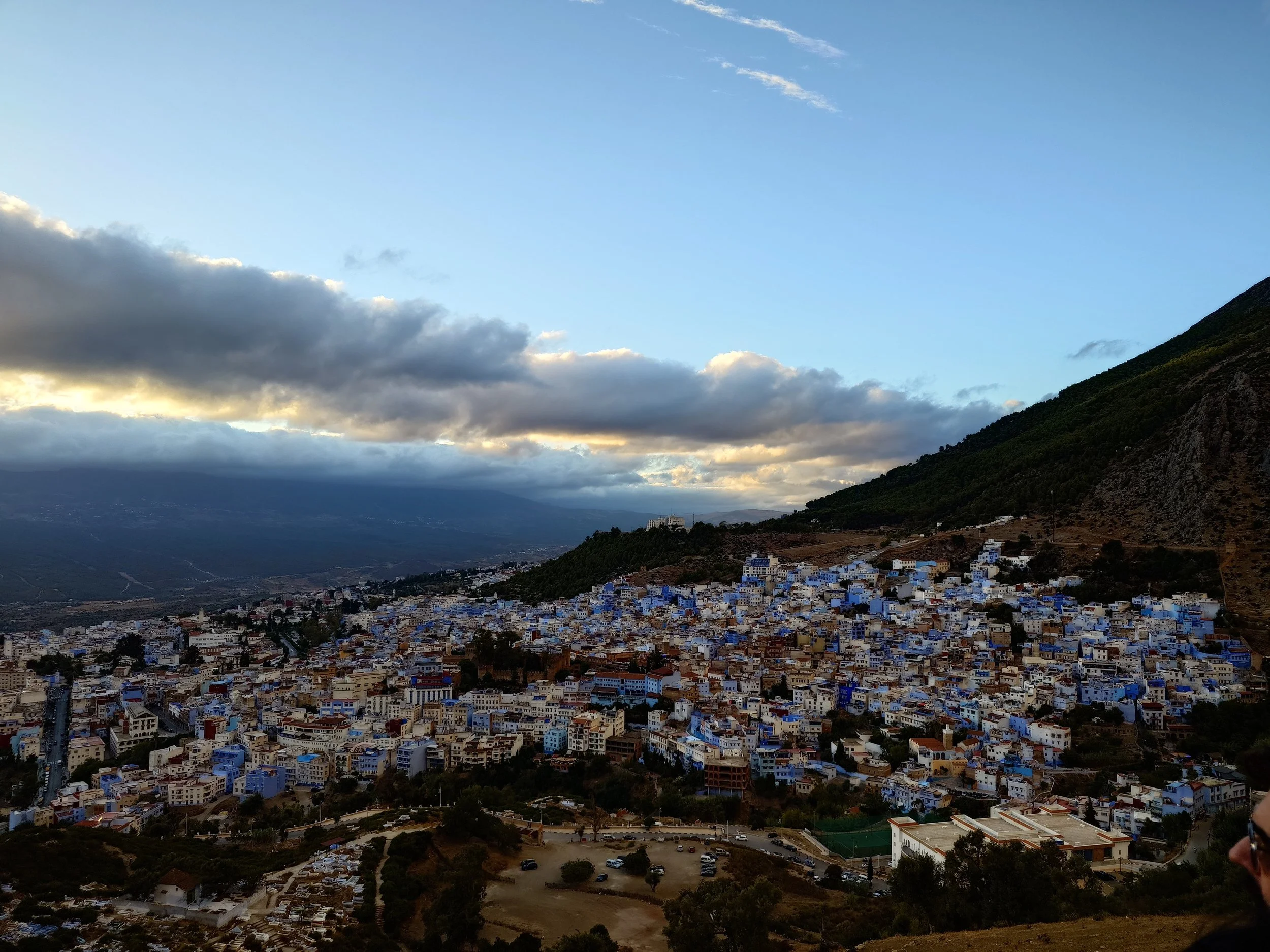
About the Curriculum
-
In Cape Town, students will delve into the city’s layered colonial history, beginning with a visit to the Slave Lodge, a former site of enslavement turned heritage museum. They’ll explore the city’s evolution through Dutch and British rule, Apartheid, and into modern democracy, including a State of the Nation lecture addressing contemporary issues like racism, climate change, and U.S.–South Africa relations. The program also includes visits to significant religious sites such as the Auwal Mosque and the South African Jewish Museum, offering insight into the spiritual lives of enslaved and immigrant communities. Students will also study the unique biodiversity of Table Mountain and the fynbos ecoregion, learning about conservation efforts amid climate change.
In Durban, the focus shifts to South Africa’s liberation history and cultural diversity. Students will engage in lectures and workshops on Zulu culture, civil rights, and U.S.–South Africa connections, including a visit with activist Ela Gandhi. Religious exploration continues with visits to the Gray Street Mosque, the Durban Jewish Club and Holocaust Center, and the Dennis Hurley Center, highlighting interfaith efforts in social justice. The biology component includes visits to Bonakude Farm to study sustainable agriculture and to iSimangaliso Wetland Park and Hluhluwe-Imfolozi Park, where students will observe conservation in action and explore the region’s rich biodiversity, including efforts to protect endangered species like the white rhino.

